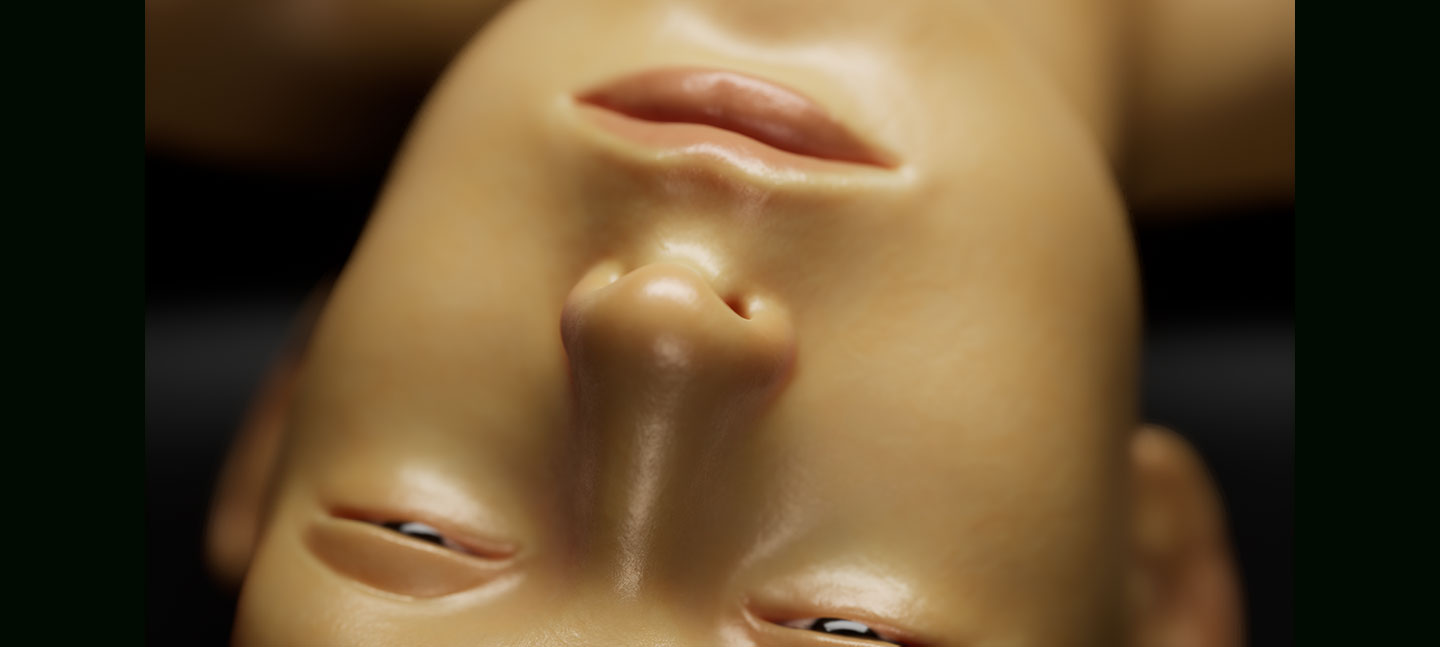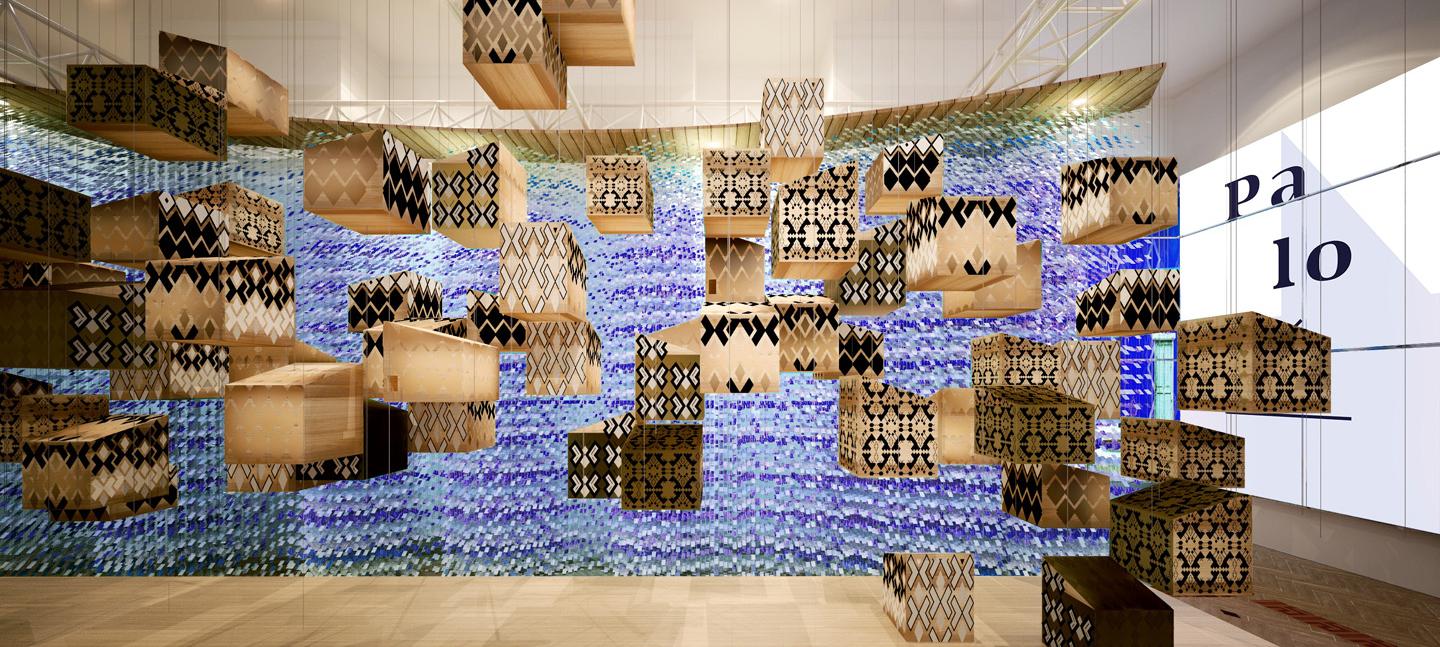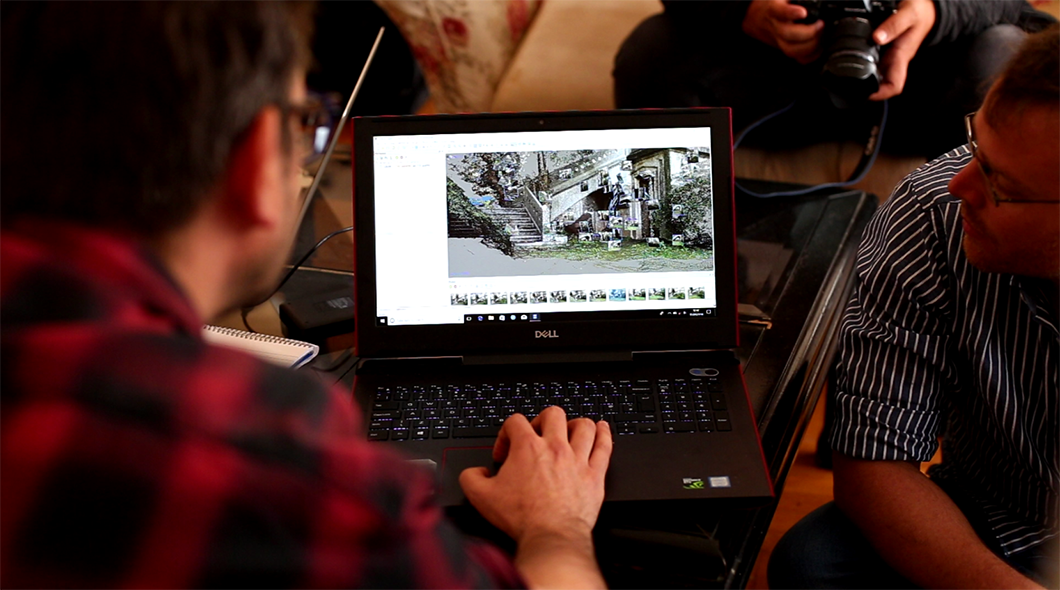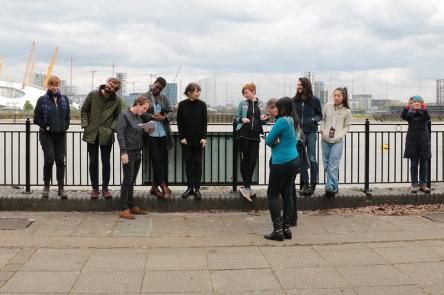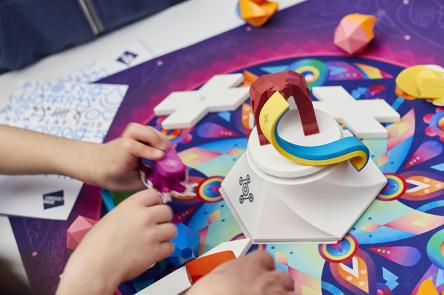
This September, London Design Biennale will welcome the world to our capital city. A diverse group of over 35 countries and cities have been confirmed as participants.
These participants include Argentina, Austria, Belgium, Canada, France, Germany, Greece, Guatemala, Hong Kong, India, Israel, Kenya, Latvia, Lebanon, Malaysia, Mongolia, Nigeria, Norway, Pakistan, Poland, Portugal, Switzerland, Taiwan, UK and USA.
Design teams interpret the theme of ‘Emotional States’ by examining their own relevant cultural, social and political issues.
Latvia Installation.jpg
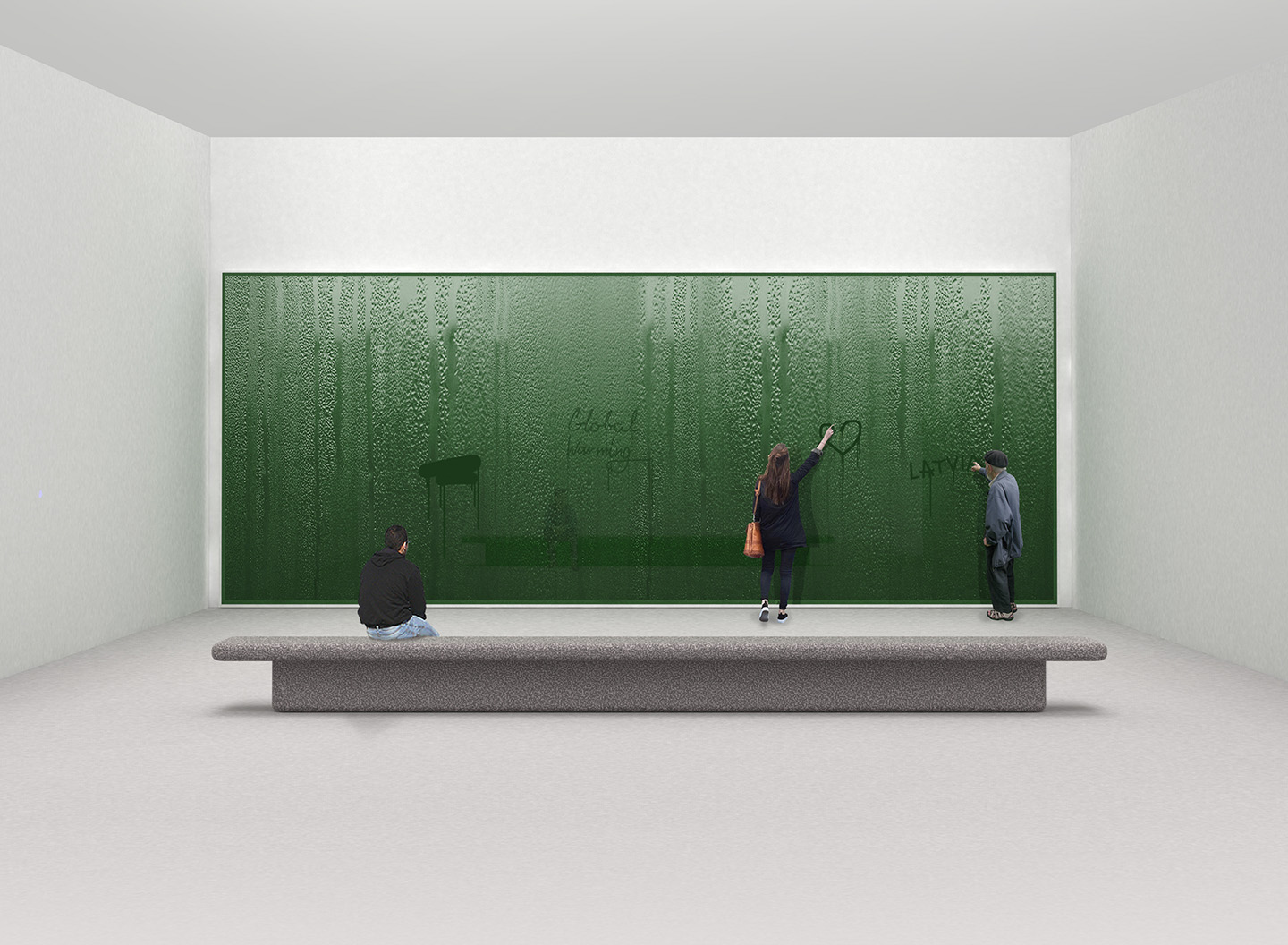
The Latvian installation called ‘Matter to Matter’ explores a natural phenomenon - condensation – to transform a technological glass surface into an interactive platform. Visitors are encouraged to leave a temporal message, which naturally disappears within a couple of minutes. As a country that lives in harmony with nature, Latvia encourages visitors to reflect on the importance of the relationship between humans, nature and technology. This calm, sensory environment is Latvia’s interpretation of London Design Biennale’s theme.



